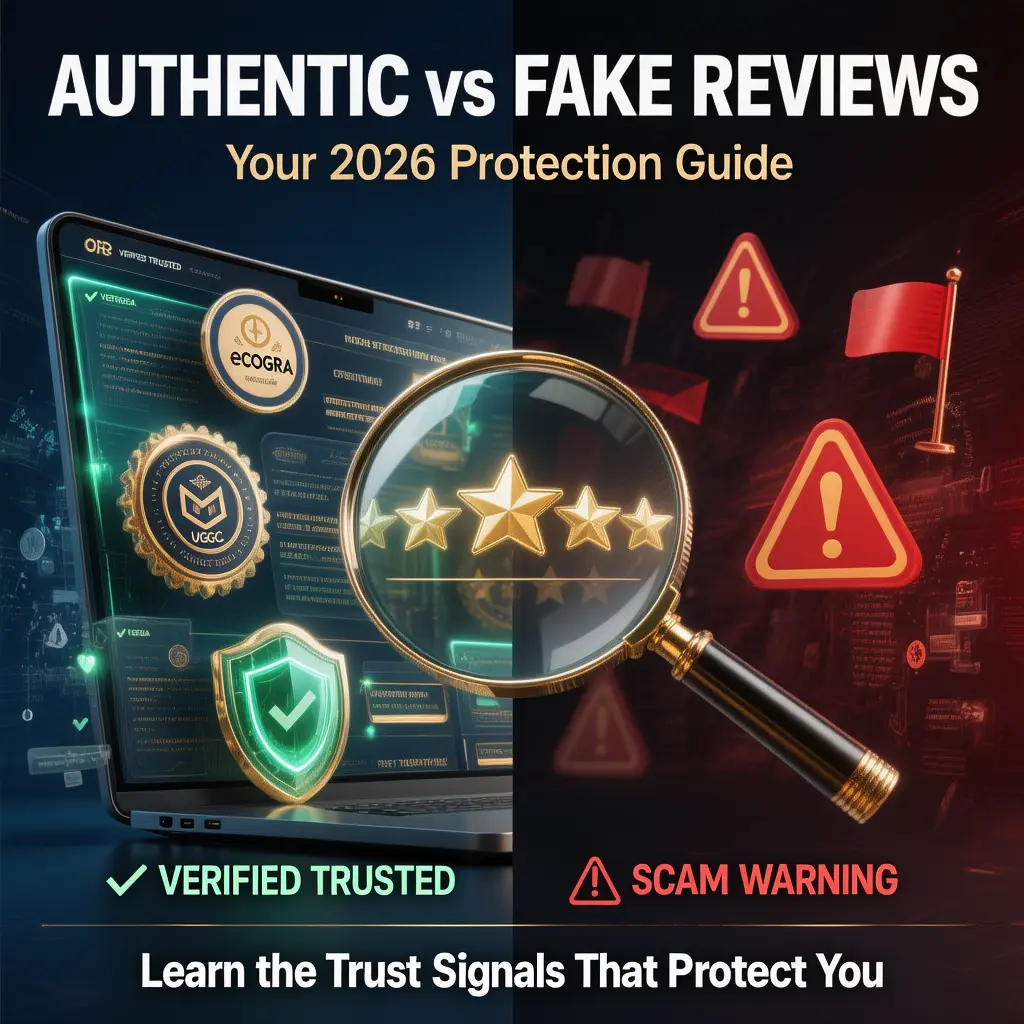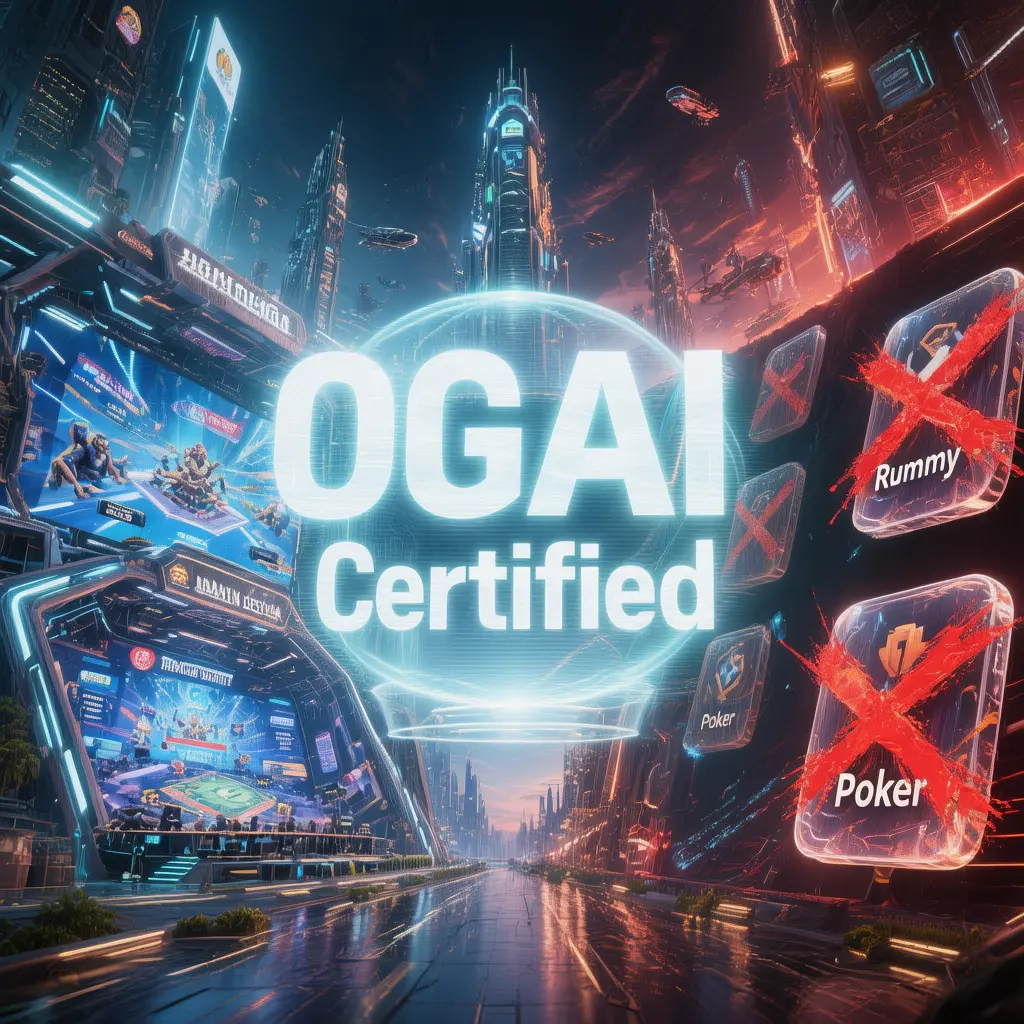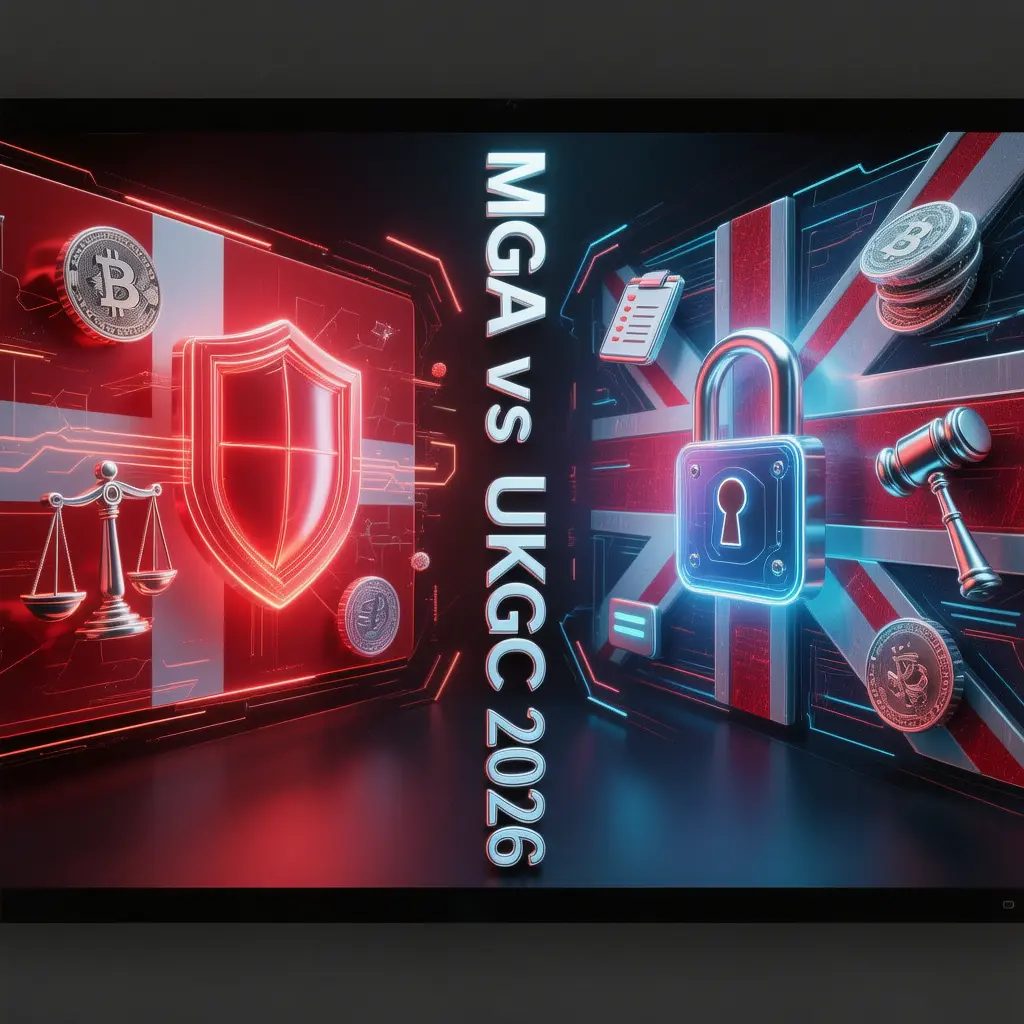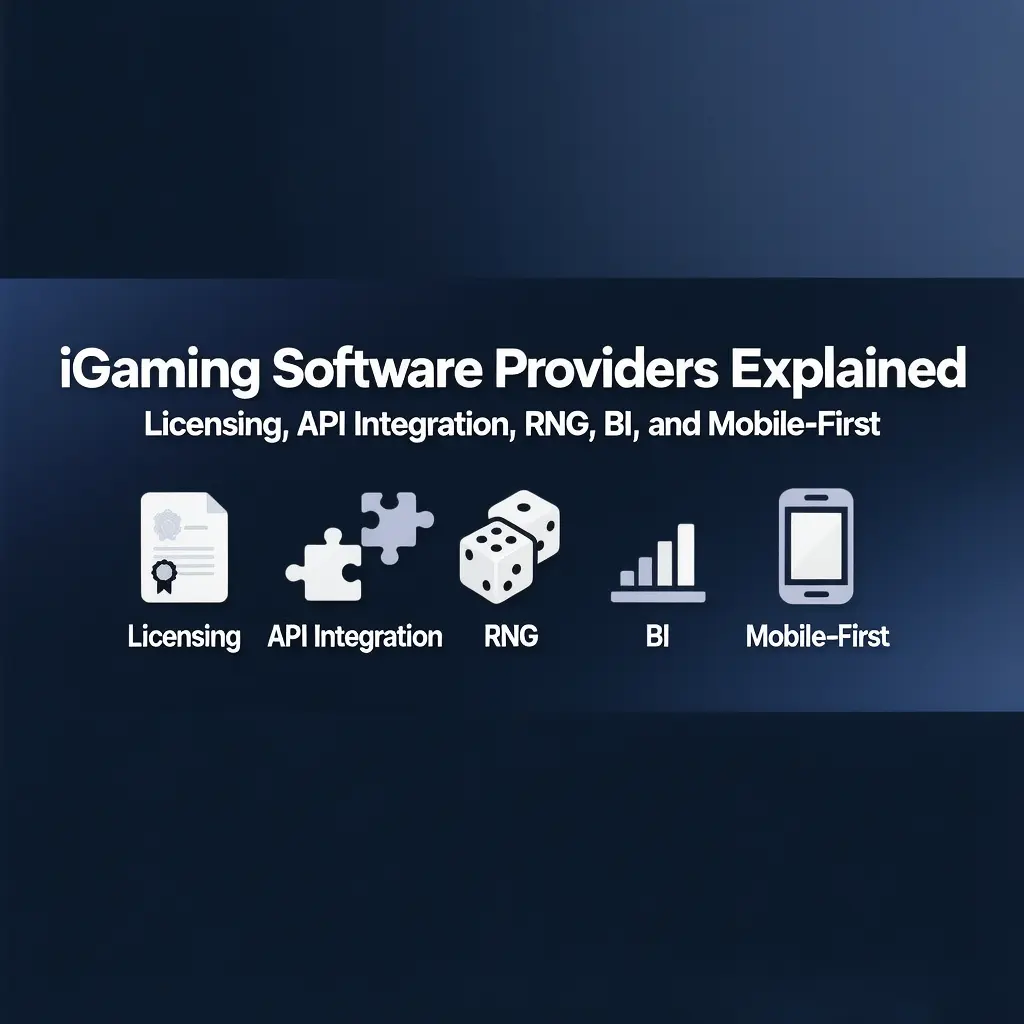With the online casino world growing bigger every day, the risk of running into scams is a real concern. A great casino player experience starts with trust, but how do you know which operators are reliable? This is where authentic player feedback becomes your most powerful tool. Shockingly, thousands of players lose money to rogue operators each year, making it crucial to find honest operator feedback before you play. This guide is designed to teach you exactly that. We will show you how to check casino credibility, identify genuine testimonials, spot the warning signs of a scam, and understand the important trust signals that protect you.
Understanding Authentic Casino Player Experience
What Makes a Casino Review Genuine vs. Fake
Sorting through online reviews can feel like a minefield. Is a review genuine, or is it a paid promotion? An authentic casino player experience is often detailed and balanced. Real players talk about specifics—the good and the bad. They might praise the game selection but complain about a slow withdrawal. This level of detail is a strong sign of a real review. Fake reviews, on the other hand, are often overly positive, use generic language (“Great casino, best games!”), and lack any specific details about their experience.
Genuine user testimonials often mention concrete examples, such as a specific interaction with customer support or the exact time it took for a payout to process. Look for reviews that discuss the payout history or the transparency of the customer support team. These details provide a much clearer picture of the casino player experience than a simple star rating. Many trusted review sites now use a verification process to confirm that the reviewer is a real player, which adds another layer of credibility.
Common Patterns in Authentic User Feedback
When you read enough genuine user testimonials, you start to see patterns. Real players often focus on the same key areas: withdrawal speed, the fairness of bonus terms, and the helpfulness of customer support. If you see multiple, unrelated reviews all mentioning a 2-day withdrawal time, that’s likely an accurate reflection of the casino player experience. Conversely, if a casino is flooded with identical-sounding 5-star reviews all posted around the same time, it’s a major red flag.
How to Verify Casino Credibility and Site Reliability
Before you even think about depositing money, you need to do a background check. Learning how to check casino credibility is the most important skill you can develop. A few minutes of research can save you a lot of headaches later. This simple compliance checklist will help you assess the site reliability and find important check casino trust signals.
Step-by-Step Casino Background Check Process
- Licensing Verification: This is the most critical step. A license from a reputable authority means the casino is regulated and held to strict standards. Scroll to the bottom of the casino’s homepage and look for the licensing information. Don’t just trust the logo; click on it or note the license number and verify it directly on the regulator’s website.
- Third-Party Auditing: Look for certification badges from independent auditors like eCOGRA, iTech Labs, or GLI. These verification badges prove that the casino’s games are fair and the Random Number Generators (RNGs) are truly random.
- Operator Ownership: Who owns the casino? A quick search can tell you if the parent company is a well-known, reputable operator or a shady, unknown entity. Reputable companies have a history to protect.
- Research Regulatory Actions: Check for any public warnings or regulatory investigations against the operator. Regulators like the UKGC and MGA often publish fines and sanctions, which are major red flags.
This process of ensuring licensing transparency and checking for third-party audits is your first line of defense against untrustworthy sites.
Red Flags and Warning Signs of Scam Casino Sites
Spotting iGaming scam warning signs early is key to protecting yourself. While some scam sites are obvious, others are cleverly designed to look legitimate. These red flags casino sites often share common patterns. Learning these patterns is the best strategy for scam avoidance.
- Visual and Technical Red Flags: A poorly designed website with broken links, slow loading times, and spelling errors is a huge warning sign. Professional operators invest in a quality user experience; scammers often don’t.
- Terms and Conditions Warning Signs: Be wary of vague, confusing, or constantly changing terms. Predatory clauses, like giving the casino the right to void winnings for unclear reasons or enforcing unfair bonus terms, are common scam patterns. This is a classic example of a scam operator warning red flags.
- Payment and Withdrawal Red Flags: Limited or obscure payment options are a bad sign. If a casino makes it easy to deposit but incredibly difficult to withdraw, run. Unusually high withdrawal fees or extremely long pending times are also major warning signs.
- Customer Support Warning Indicators: If you can’t find a phone number, live chat, or email address, that’s a problem. Unresponsive or unhelpful support is another clear indicator of a site that doesn’t care about its players.
- Missing Responsible Gambling Features: Every legitimate casino is required to offer tools for responsible gambling, such as deposit limits and self-exclusion. If these tools are missing or hard to find, the operator is not compliant and cannot be trusted.
Analyzing Casino Reviews and Review Aggregation
Once you know what to look for, you need to know where to look. The internet is full of casino reviews, but not all are created equal. Your goal is to read authentic reviews from trusted sources to perform a proper casino testimonial analysis.
Where to Find Trustworthy Casino Reviews
Distinguishing between a genuine review site and a biased affiliate site is key. Independent platforms and community forums are generally more reliable. Look for sites that offer balanced reviews, including both pros and cons. A site that only ever posts glowing 5-star reviews is likely being paid to do so. Trustworthy reviews often come from sources that have a strong reputation and a transparent verification process for their content.
The Role of Reviewer Reputation and Authority
Don’t just read the review; check the reviewer. Does the author have a history of writing detailed, honest articles? Do they have a public profile or real credentials? Be wary of anonymous reviews. The rise of influencer honesty is a growing concern, as many influencers are paid to promote casinos without disclosing it. Look for reviewers who are transparent about their relationships with operators. Cross-referencing verified user reviews across multiple platforms is the best way to get a complete picture.
Forum Discussions and Social Media Sentiment Analysis
Some of the most honest user feedback isn’t in a formal review; it’s in a heated Reddit thread or a frustrated tweet. Analyzing forum discussions and social media sentiment gives you a raw, unfiltered look at the real casino player experience. This is where you find the stories that operators don’t want you to see.
Best Casino Forums for Honest Player Discussions
Forums like Casinomeister and AskGamblers have been around for years and have dedicated communities of players who share their experiences. Reddit communities like r/online_gambling are also excellent sources for real-time feedback and complaints. In these forums, players aren’t trying to sell you anything; they’re looking for help or warning others. You’ll find detailed accounts of withdrawal problems, bonus disputes, and customer service nightmares.
Analyzing Social Media Player Sentiment
A quick search for a casino’s name on Twitter can be very revealing. Are players celebrating wins, or are they complaining about locked accounts and ignored emails? This real-time sentiment is a powerful indicator of a casino’s reliability. Similarly, the comments section on YouTube reviews can be more valuable than the review itself. Look for patterns in the comments to see if multiple players are facing the same issue. These platforms offer a level of transparency that is hard to fake.
Genuine Player Experience Stories: Case Studies
To understand the real casino player experience, let’s look at some genuine player experience stories. These anonymized case studies show what happens when things go right—and when they go wrong. These genuine user testimonials are based on common scenarios found in player forums.
- Positive Experience: The Smooth Withdrawal.Sarah signed up for a well-known MGA-licensed casino. After playing for a week, she won $1,500. She requested a withdrawal and was asked to complete the KYC verification. She uploaded her documents, and within 24 hours, her account was verified. The money was in her e-wallet the next day. This is what a good payout history looks like.
- Problem Resolution: When Good Casinos Fix Issues.John had a bonus that didn’t apply correctly. He contacted live chat, and the agent couldn’t solve it. He escalated the issue via email. The casino manager reviewed his case, found a technical error, and manually credited the bonus with an extra 20 free spins for the trouble. This shows good dispute resolution.
- Cautionary Tale: The Scam Site.Mike was lured in by a huge bonus from an unlicensed casino he found on social media. He deposited $200 and won $800. When he tried to withdraw, his request was ignored. Customer support was a bot that gave generic answers. After a week, his account was closed for “bonus abuse” with no explanation. His money was gone. This is a classic example of payment disputes with a rogue operator.
Casino Complaint Resolution and Dispute Handling
What do you do when something goes wrong? Knowing what to do with casino complaints is a crucial part of protecting yourself. Legitimate casinos have a clear process for complaint resolution, while scam sites will give you the runaround. This is a key test of site reliability.
Step-by-Step: Filing a Complaint with an Operator
If you have an issue, follow these issue escalation steps:
- Contact Customer Support: Start with live chat or email. Clearly explain your issue and provide any evidence, like screenshots. Note the time and the agent’s name.
- Escalate to a Manager: If the support agent can’t help, ask to have your complaint escalated to a manager. Put your complaint in writing.
- Use an ADR Provider: If you’re still not satisfied after 8 weeks, or if the casino issues a “deadlock letter,” you can file a complaint with an Alternative Dispute Resolution (ADR) provider. These are independent third parties that mediate disputes. UKGC-licensed casinos are required to offer a free ADR service.
- Contact the Regulator: As a last resort, you can file a complaint directly with the casino’s licensing authority (e.g., MGA or UKGC). They will investigate serious breaches of license conditions.
Crucial Tip: Document everything! Keep copies of all emails, chat transcripts, and screenshots. This evidence is vital for any dispute resolution process.
Payment Disputes, Chargebacks, and Payout History
Money issues are the most common source of player complaints. Understanding how to handle payment disputes and the role of chargeback guidance is essential. While competitors touch on this, they often lack detailed advice from a player’s perspective.
Understanding Casino Chargebacks: When and How
A chargeback is when you ask your bank to reverse a transaction. However, this should be an absolute last resort. Initiating a chargeback against a casino will almost certainly get your account closed and get you blacklisted. It can also be considered fraudulent if done improperly.
Legitimate Reasons for a Chargeback:
- You were a victim of true fraud (someone stole your card and used it at the casino).
- The casino charged you for something you didn’t authorize.
Illegitimate Reasons:
- You lost money while gambling and regret it. This is known as “friendly fraud” and can have legal consequences.
Before considering a chargeback, you must go through the casino’s internal dispute resolution process first.
Verifying Casino Payout History and Speed
A casino’s payout history is a powerful trust signal. Before playing, search forums for recent player feedback on withdrawal speeds. Are players consistently getting paid in 24-48 hours, or are there widespread complaints of delays lasting weeks? This real-world data is more valuable than any marketing promise.
Licensing, Regulation, and Compliance Verification
A casino’s license is its most important trust signal. But not all licenses are created equal. Understanding the difference between a top-tier regulator and a “soft” one is key to assessing site reliability.
Top-Tier vs. Soft-Regulated Licenses: What’s the Difference
There is a clear hierarchy of licensing authorities. Your ability to check casino trust signals depends on this.
- Tier 1 (Gold Standard): UK Gambling Commission (UKGC), Malta Gaming Authority (MGA). These regulators enforce the strictest rules for player protection, game fairness, and responsible gambling. A license from one of these is a strong sign of a trustworthy operator.
- Tier 2 (Reputable): Gibraltar, Isle of Man. These are also respected jurisdictions with strong regulatory frameworks, though slightly less stringent than Tier 1.
- Tier 3 (Soft-Regulated): Curacao, Kahnawake. These licenses are easier and cheaper to obtain. While many legitimate casinos operate under these licenses, they offer weaker player protection and dispute resolution mechanisms. Be extra cautious with casinos licensed only in these jurisdictions.
How to Verify a Casino License is Real
Never trust a logo on a website. Always perform a licensing transparency check. Go to the regulator’s official website and use their public license register to search for the casino’s name or license number. This will confirm if the license is active, suspended, or has any public warnings or regulatory investigations attached to it.
Third-Party Audits, Security, and Trust Signals
Beyond licensing, several other trust signals prove a casino is committed to fairness and security. These often come in the form of verification badges from independent testing agencies.
Essential Trust Badges and What They Mean
When you see these logos, it’s a good sign. They represent rigorous third-party audits.
- eCOGRA (eCommerce Online Gaming Regulation and Assurance): The “Safe and Fair” seal from eCOGRA is a top-tier certification. It means the casino’s games are fair, the operator behaves responsibly, and player deposits are protected.
- iTech Labs / GLI (Gaming Laboratories International): These are world-renowned labs that test and certify Random Number Generators to ensure game outcomes are truly random and not rigged.
- SSL Encryption: Look for the padlock icon in your browser’s address bar. This indicates the site uses SSL encryption to protect your personal and financial data from hackers.
Site Uptime and Security Incident Tracking
This is an area competitors often miss. A reliable casino should have high site uptime. Frequent crashes or maintenance periods can be a sign of a poorly managed operation. You can also track security incidents by searching for the casino’s name along with terms like “data breach” or “hack” in news articles and forums. A history of security problems is a major red flag for site stability.
Blacklisted Casinos and Scam Operator Patterns
To avoid casino scams, it helps to know what the worst offenders look like. Many review sites and player forums maintain “blacklist” databases of casinos that have a proven history of unethical behavior. These blacklist examples reveal common scam patterns.
How Casinos End Up Blacklisted
Operators are typically blacklisted for severe and repeated offenses, such as:
- Non-payment of winnings: The most common reason. The casino simply refuses to pay out legitimate wins.
- Using pirated or rigged games: Offering games that are not from legitimate software providers and have unfair outcomes.
- Unfair terms and conditions: Using predatory clauses to confiscate winnings.
- Poor or non-existent customer support: Making it impossible for players to resolve issues.
These scam operator warning red flags are clear signs to stay away. Before you play, do a quick search for the casino’s name plus “blacklist” or “scam.”
Site Experience Comparison Framework
Instead of relying solely on others’ opinions, you can become your own expert reviewer. This section provides a framework for a personal site experience comparison, helping you judge the overall casino player experience for yourself.
Creating Your Own Casino Comparison Checklist
Use this template to rate and compare different casinos. This empowers you to make decisions based on your own findings and improves your user experience ratings.
| Feature | Casino A | Casino B | Casino C |
|---|---|---|---|
| License & Audit Seals | MGA, eCOGRA | Curacao | UKGC, iTech Labs |
| Withdrawal Speed (Tested) | 48 hours | 7+ days | 24 hours |
| Support Quality (Live Chat) | Excellent (Fast, helpful) | Poor (Slow, bot) | Good (Helpful but slow) |
| Bonus Terms Fairness | Fair (30x wagering) | Predatory (60x wagering) | Fair (35x wagering) |
| Mobile Experience | Good | Clunky | Excellent |
| Overall Rating | ★★★★☆ | ★☆☆☆☆ | ★★★★☆ |
By documenting your own experience, especially regarding customer support transparency, you build a reliable personal database to guide your future choices.
Responsible Operator Practices and Transparency
A trustworthy casino is a transparent one. The best operators are open about their practices and provide players with tools to stay in control. Look for a responsible operator list or casinos that proudly display their commitment to player safety.
What Responsible Operators Disclose Publicly
Competitors rarely discuss transparency reports, but they are a huge trust signal. Top-tier operators often publish:
- RTP (Return to Player) percentages for all their games.
- Monthly payout reports verified by auditors.
- Clear and fair bonus terms without hidden clauses that encourage bonus abuse claims.
- A complete and easy-to-use set of responsible gambling tools.
This commitment to transparency and fair term enforcement shows that an operator respects its players and is confident in its fair practices.
Proactive Scam Avoidance: Your Action Plan
Now, let’s put it all together. This simple checklist is your action plan to avoid casino scams and ensure a safe casino player experience. Use this before you ever give a casino your personal information.
Pre-Registration Casino Vetting Checklist
- Verify the License: Check the license number on the regulator’s official website.
- Check for Audit Seals: Look for eCOGRA, iTech Labs, or GLI logos.
- Read Forum Discussions: Search for the casino’s name on Reddit and player forums. Look for recent complaints about payments.
- Review the Terms: Scan the bonus and withdrawal terms for any unfair clauses.
- Test Customer Support: Send a question to their live chat. A fast, helpful response is a good sign.
- Search the Blacklists: Do a quick search to see if the casino appears on any well-known blacklist.
This proactive approach is the best way to avoid iGaming scam warning signs and protect yourself.
Conclusion: Building Your Trust Framework
In the end, a safe and enjoyable casino player experience is built on a foundation of trust. By learning how to verify licenses, analyze genuine testimonials, spot red flags, and use official channels to resolve disputes with casinos, you empower yourself. Don’t rely on flashy ads or unrealistic bonus promises. Instead, trust data, do your own research, and follow the steps in this guide to find honest operator feedback. By building your own trust framework, you can navigate the exciting world of online gaming with confidence and peace of mind, ensuring your site reliability checks lead you to the best and safest operators.
With over 20 years of experience in the iGaming industry, Anilgnews provides expert analysis and in-depth content to help players and operators navigate the complexities of online gambling regulation. Contact Here For Paid Collaborations anilguptadm12@gmail.com.





